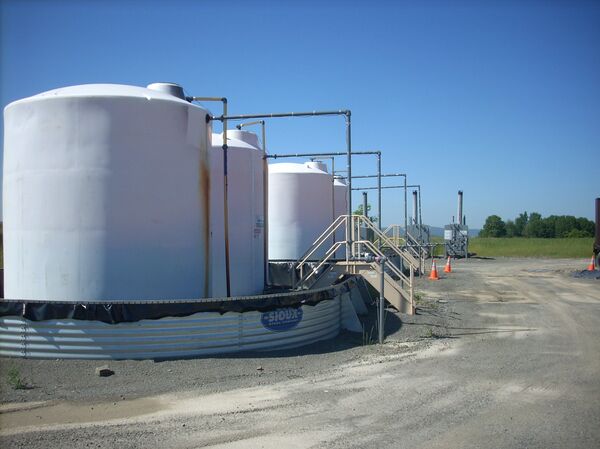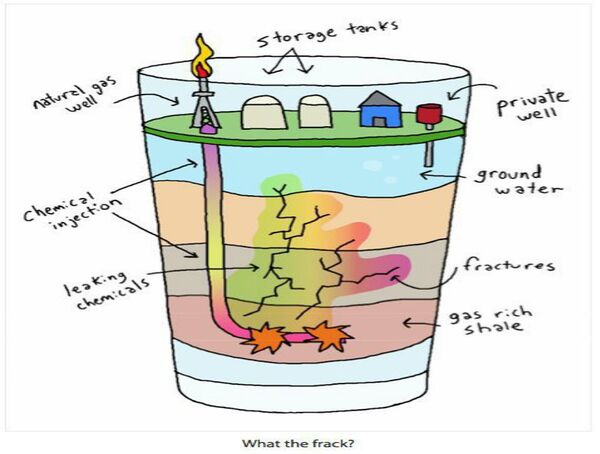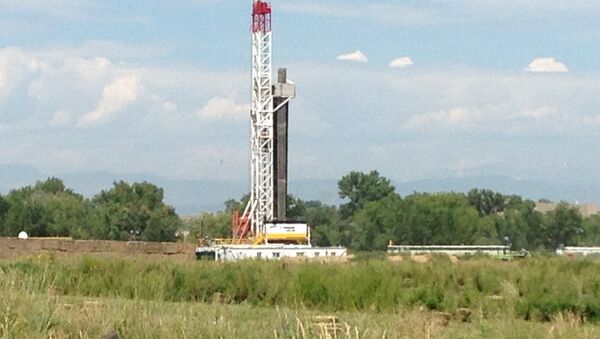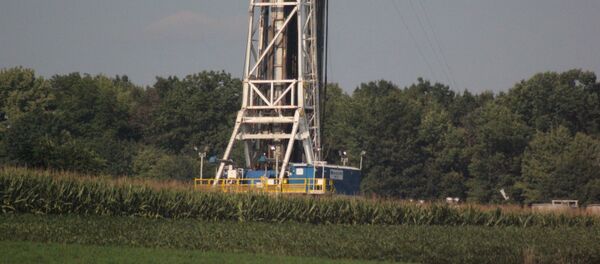The report tallied citations for mistakes like broken wells, wastewater spills, and ruptured pipelines issued by inspectors to assure that the oil wells were up to code and were attentively built. But it wasn’t an easy task: the NRDC had to be particularly careful because of the way inspectors categorize citations, whereby it is difficult to determine whether any one citation is a direct result of fracking, according to NRDC writer and environmental advocate Amy Hall.
“It’s extremely difficult for the public to get this kind of information,” Hall said. “The companies are violating the law too often, and we need policy solutions to increase transparency and to change the consequences for not complying.”

Energy industry representatives were quick to respond. Jon Haubert, a spokesperson for Coloradans for Responsible Energy Development, an advocacy group for the oil industry in Colorado, explained to Bloomberg Business that the number of citations or spills does not necessarily point to problems with the well.

“People in Colorado have an assurance, because we have such tight regulation and enforcement,” Haubert said. “In Colorado you aren’t seeing an increase in spills, you are seeing an increase in the reporting of spills, and I would argue that’s a good thing.”
Though the report doesn’t codify each infraction, it does list examples such as poor well construction and ruptured pipelines.
“A fair amount of these ‘violations’ involve paperwork and other administrative issues,” said Steve Everley, a spokesman for Energy in Depth, part of the Independent Petroleum Association of America. “Those are things that certainly should be corrected, but it’s pretty dishonest of NRDC to suggest errors that accountants can fix are the same thing as imminent environmental threats.”
The report comes amidst a wave of criticism facing Big Oil. Groups such as the NRDC and Greenpeace have been pressuring these companies for greater transparency as oil and gas prices continue to drop and as new regulations have been placed on federal land.
But according to the report, concern over the energy industry’s conduct are nothing new.
“Many of the questions asked about oil and gas field waste decades ago persist, including what it contains and how it is, and should be, treated and disposed of,” the report said.






